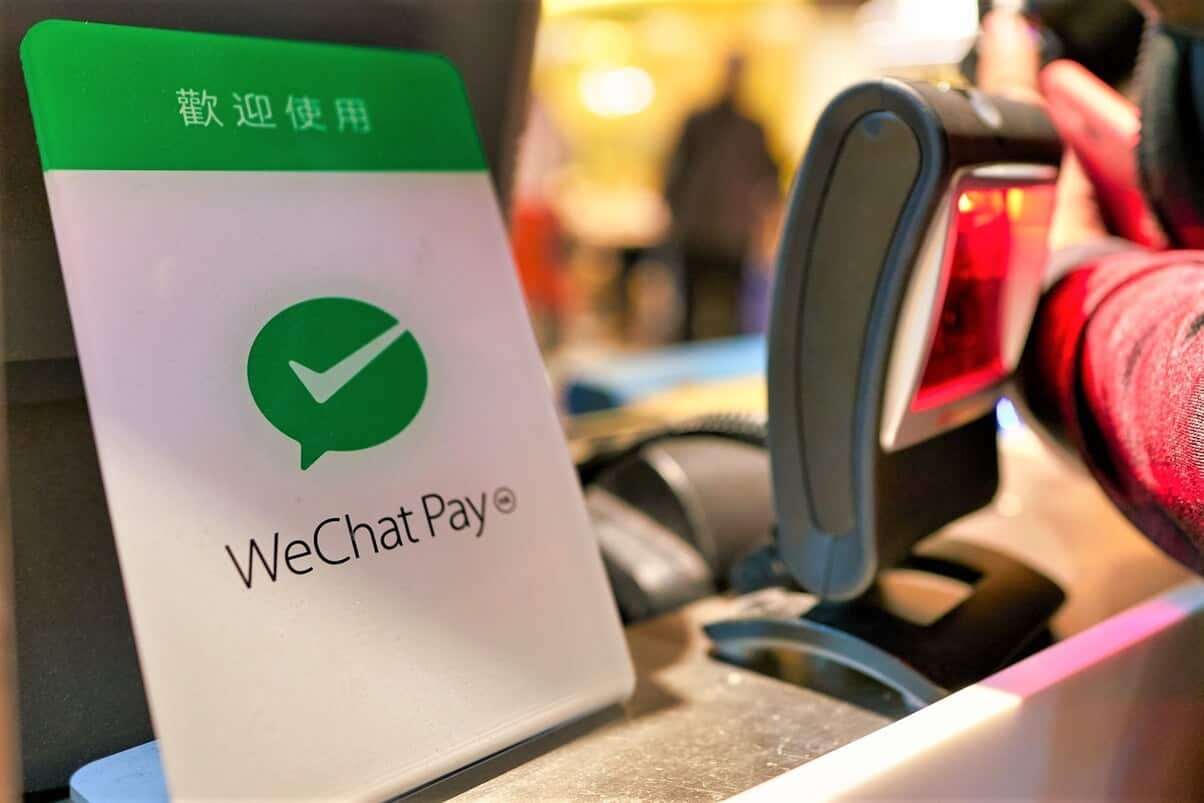Join Our Telegram channel to stay up to date on breaking news coverage
China is leading the world in terms of Central Bank Digital Currency (CBDC) research. Almost every week, we find new details about the country’s plans. Now, officials close to the project have confirmed that the government will work with two of the country’s largest tech firms to bring the digital yuan to life.
Wallet Compatibility to Ensure Seamless Transactions
Recently, Mu Changchun, the head of the Digital Currency Research Institute at the Peoples’ Bank of China, confirmed that the Bank will work with Alipay and WeChat Pay to ensure compatibility with the digital yuan. Speaking with the South China Morning Post (SCMP), Mu explained that the agency had plans to integrate the digital yuan into both services’ digital wallets, ensuring that citizens who use any of them will be able to easily access the asset.
Explaining the difference between the digital yuan and both services, Mu said:
“They don’t belong to the same dimension. WeChat and Alipay are wallets, while the digital yuan is the money in the wallet.”
Given that their fields don’t overlap, there’s no reason why the asset shouldn’t be integrated into both wallets. The links between the digital yuan and both payment processors have been prominent for a while now. Given their largesse in the country’s mobile payment industry, it seemed only right that they would be included in the government’s plans.
However, things took a bit of a different turn when tests for the digital yuan began. The Peoples’ Bank has been testing the asset since April. At the time, it included companies like the Agricultural Bank of China, the China Construction Bank, the Industrial and Commercial Bank of China, China Telecom, China Mobile, and Huawei. The banking partners were tasked with converting some of their deposits into digital assets, while the telecoms firms ensured technical development.
Bad Blood Brewing?
In August, the Peoples’ Bank brought in even more tech firms. As Caixin reported at the time, these included Didi Chuxing, the country’s largest ride-hailing service. The Bank also incorporated food delivery service Meituan Dianping and ByteDance – the holding company for video-sharing site TikTok.
At this point, many had begun asking what the government planned for Alipay and WeChat Pay and why it hadn’t called them to the table. Then, the SCMP reported that the government had planned to use the digital yuan to curb both companies’ influence.
Citing analysis, the SCMP explained that Alipay and WeChat Pay hold a combined 90 percent of the country’s mobile payments sector. By deploying its asset, the government hoped to curtail their influence and ensure that citizens have a means of making transactions that was just as effective and which would most likely cost less.
Considering that the Peoples’ Bank had also reportedly asked the government to open antitrust investigations into both companies, it seemed like Beijing had an axe to grind with them. However, things seem to be going just fine.
Read more:
Join Our Telegram channel to stay up to date on breaking news coverage


